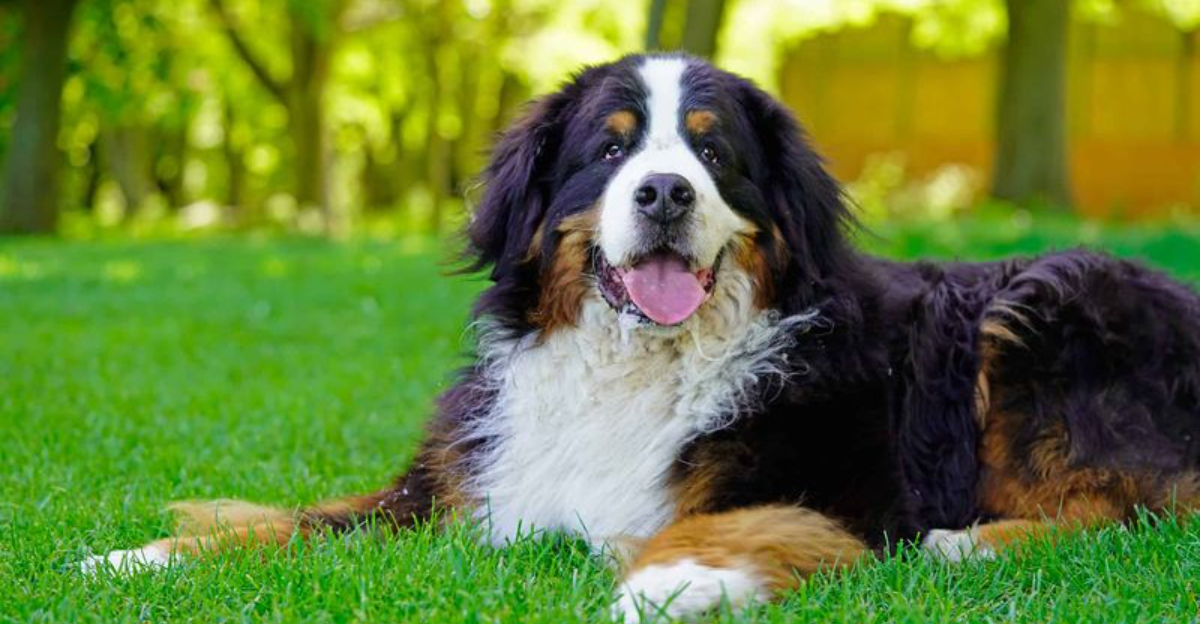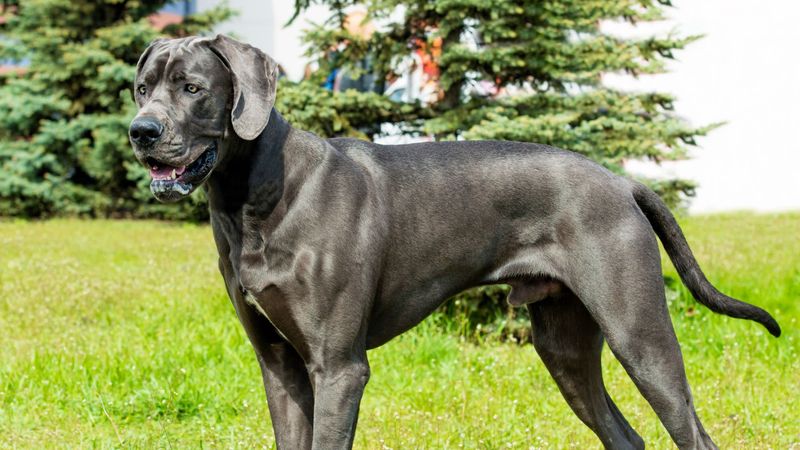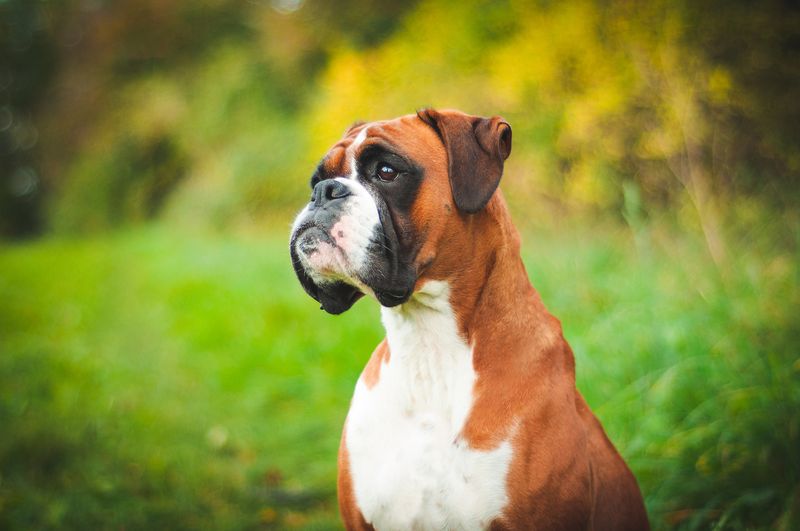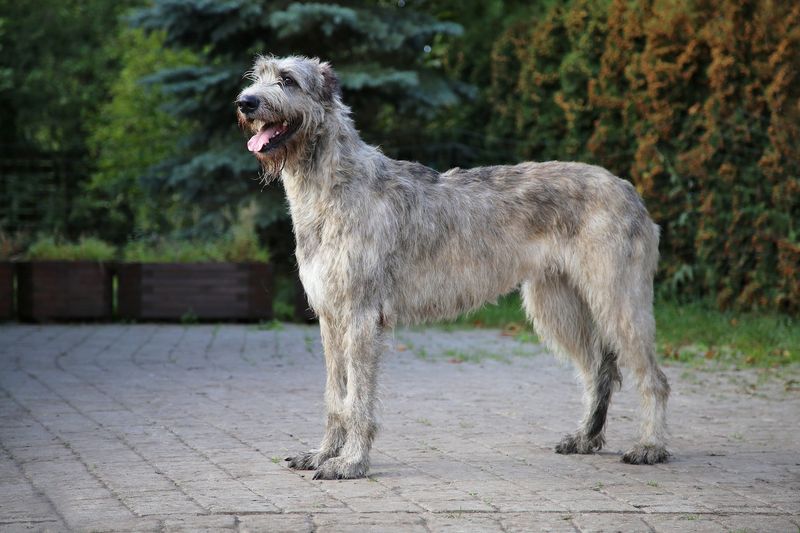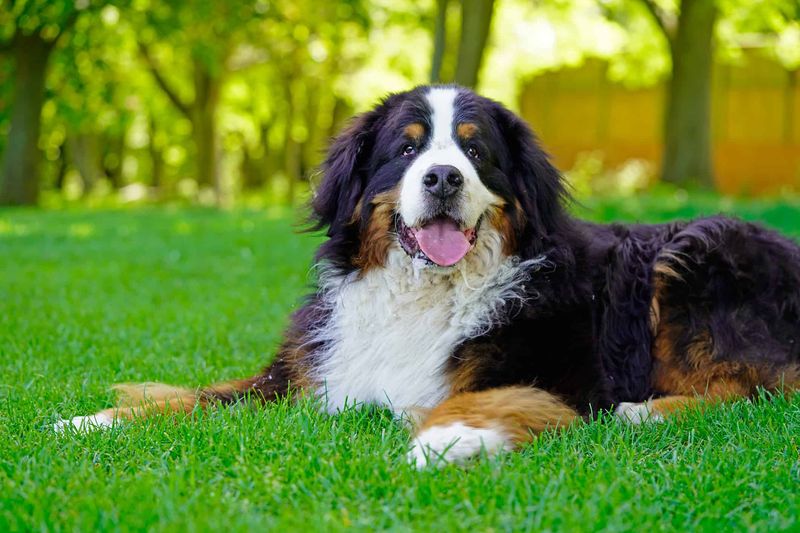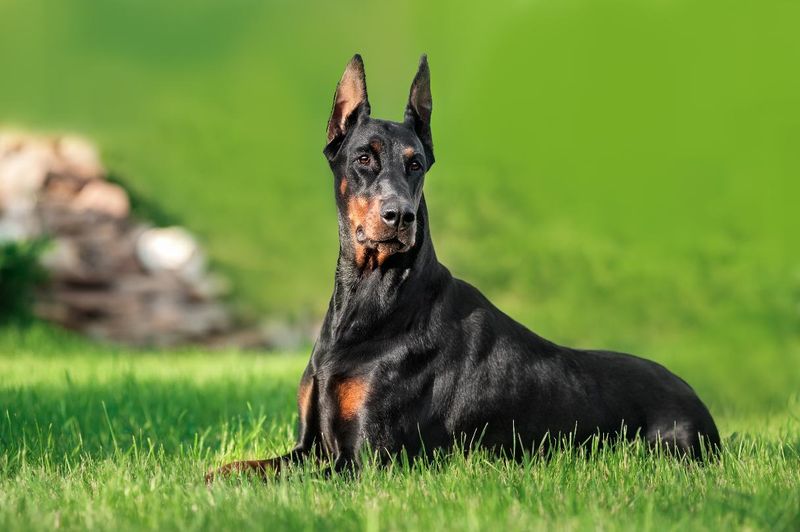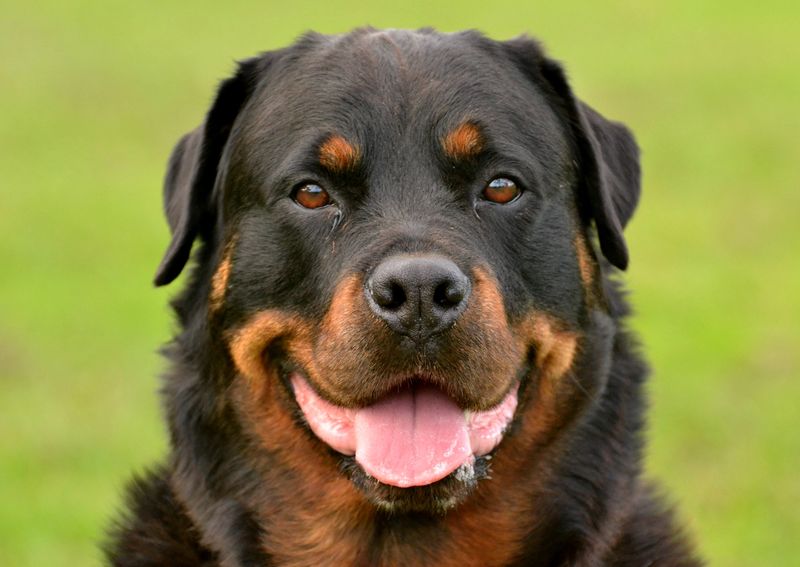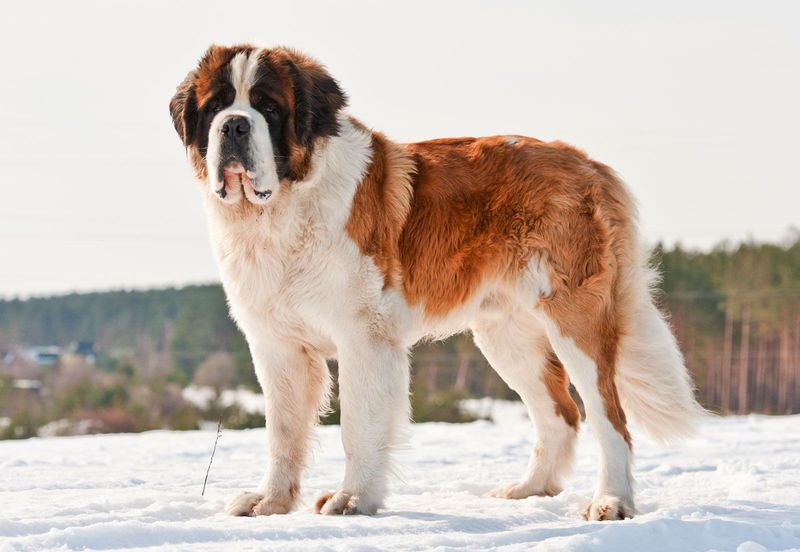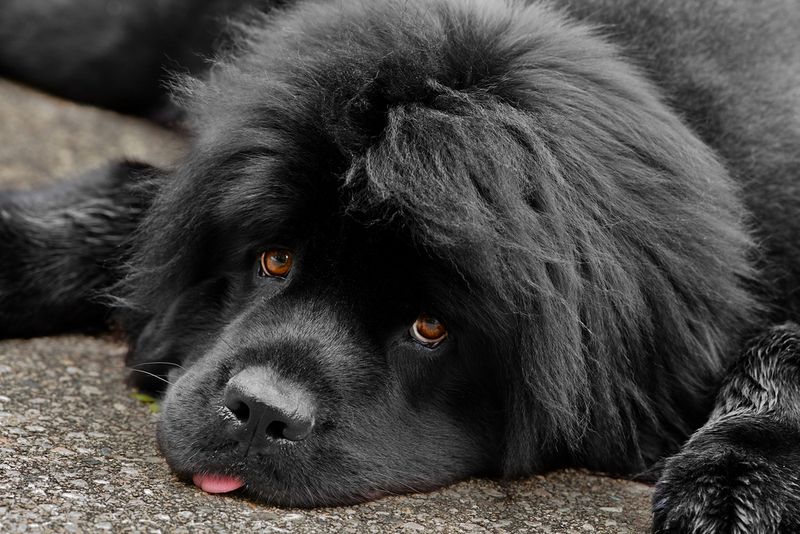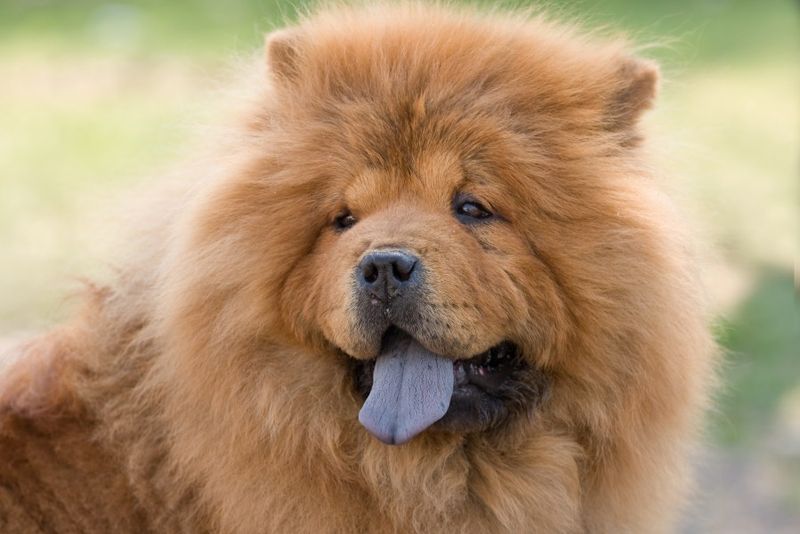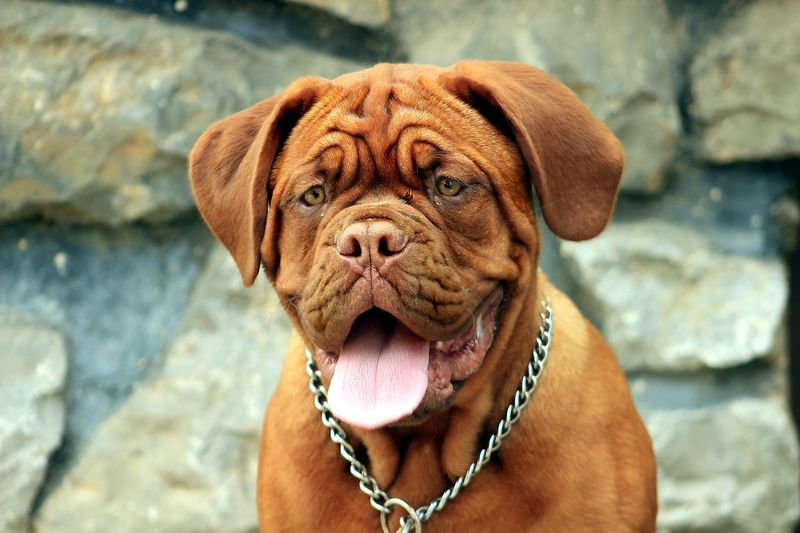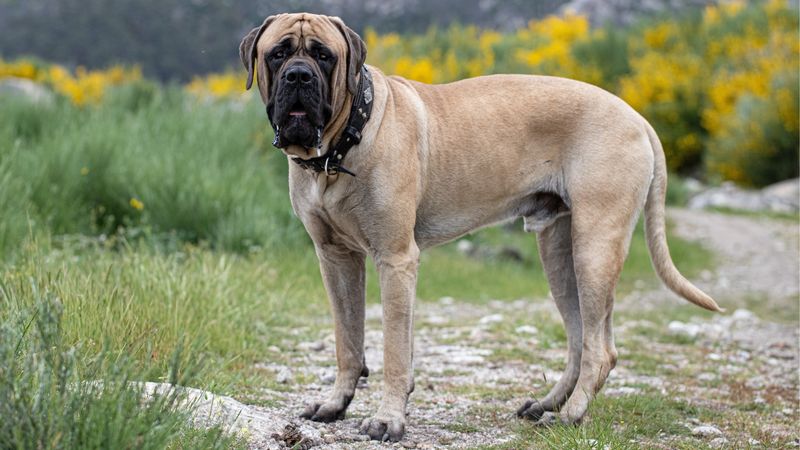Exploring the factors contributing to the premature mortality of certain dog breeds provides valuable insights for pet owners. While many dogs live long, healthy lives, some breeds are predisposed to a range of health challenges. From genetic conditions to lifestyle factors, understanding these risks can help owners make informed decisions. This article highlights twelve breeds known for their shorter lifespans, focusing on health issues that contribute to these statistics. Awareness of these factors is crucial for anyone considering adding a dog to their family, ensuring they choose a breed that matches their lifestyle and expectations.
Great Dane
The Great Dane, known for its towering presence, often faces a paradox of size and longevity. This gentle giant, despite its regal appearance, has a lifespan averaging 7 to 10 years. The breed’s size contributes to various health challenges, including heart diseases like dilated cardiomyopathy.
Maintaining an appropriate diet and regular veterinary check-ups can mitigate some risks. Also, hip dysplasia is a common issue, necessitating early intervention.
Their affectionate nature makes them beloved companions, albeit briefly. Owners cherish every moment spent with these loving and protective dogs. Their loyal spirit remains memorable long after they’re gone.
Bulldog
Bulldogs, with their distinctive wrinkled faces, are adored worldwide, yet face significant health challenges. Breathing problems due to their short noses often lead to respiratory issues, affecting their lifespan. On average, Bulldogs live 8 to 10 years.
Their charming, laid-back demeanor contrasts with their health struggles. Regular care and attention to their weight can improve quality of life.
These dogs require a cool environment to avoid overheating, a known risk factor. Despite their struggles, Bulldogs’ loyal and loving nature makes every day spent with them truly special.
Boxer
Boxers are known for their boundless energy and playful antics, making them a favorite among active families. However, they face significant health challenges, including heart conditions and cancer, which contribute to their lifespan of 10 to 12 years.
Their need for regular exercise and mental stimulation is essential for maintaining health.
With vigilant care and regular veterinary visits, some risks can be managed. Despite these challenges, Boxers’ infectious energy and devotion make them unforgettable companions.
Irish Wolfhound
The Irish Wolfhound, with its noble stature, is among the tallest of dog breeds. Despite its impressive size, this breed often faces a short lifespan of 6 to 8 years, primarily due to heart disease and cancer.
Their calm demeanor and gentle nature make them cherished family members, even if only for a short time.
Regular health screenings can help in early detection of potential issues. Owners often form deep bonds, treasuring their Wolfhound’s majestic presence and gentle soul.
Bernese Mountain Dog
The Bernese Mountain Dog, a strikingly beautiful breed, commands attention with its tricolor coat. Yet, this breed is prone to cancer, a leading cause of their relatively short lifespan of 6 to 8 years.
These gentle giants are cherished for their affectionate and loyal nature, making them excellent family companions.
Regular veterinary check-ups and a healthy diet are vital. Owners often find themselves captivated by their dog’s loving and gentle spirit, making every moment cherished despite their brief presence.
Doberman Pinscher
Doberman Pinschers, known for their loyalty and intelligence, face certain health challenges that can impact their lifespan, which averages 10 to 13 years. DCM (dilated cardiomyopathy) is a prevalent issue within the breed.
These dogs thrive on companionship and require regular exercise and mental stimulation.
With proper care, including regular veterinary visits, some risks can be managed effectively. Owning a Doberman is a rewarding experience, as their protective and loving nature enriches any household.
Rottweiler
Rottweilers, with their strong build and confident demeanor, are known for their versatility as working dogs. Despite their robust nature, they are prone to health issues like hip dysplasia and cancer, affecting their lifespan of 8 to 10 years.
Their loyalty and protective instincts make them beloved family members.
Providing a balanced diet and regular vet checkups can help manage these health risks. Owners appreciate their Rottweiler’s unwavering companionship and affectionate nature, cherishing the time spent together.
Saint Bernard
Saint Bernards, famous for their rescue missions in the Alps, captivate with their gentle eyes and large size. Despite their heroic reputation, they have a lifespan of 8 to 10 years, often due to heart problems and hip dysplasia.
These dogs require regular exercise and a balanced diet to manage their size-related health issues.
Their loving demeanor and patience make them cherished family pets, bringing warmth to any home. Owners find joy in their Saint Bernard’s affectionate nature and protective instincts.
Newfoundland
With a heart as big as its paws, the Newfoundland is every child’s gentle guardian. Famous for their swimming skills, these dogs are prone to heart issues and hip dysplasia, leading to a lifespan of 8 to 10 years.
Their water-resistant coat and webbed feet make them natural swimmers.
Owners must ensure regular exercise and veterinary care. Despite health challenges, Newfoundland’s sweet temperament and loyalty make them irreplaceable family members, leaving a lasting impact.
Chow Chow
Chow Chows, with their lion-like mane, are admired for their aloof yet loyal demeanor. Despite their regal appearance, they often face health problems such as entropion and hip dysplasia, affecting their lifespan of 8 to 12 years.
These dogs require regular grooming and eye care to maintain health.
Their unique personality and striking appearance make them intriguing companions. Owners appreciate their Chow Chow’s independent spirit, often forming a close bond that is deeply valued.
Dogue de Bordeaux
The Dogue de Bordeaux, with its impressive size and strength, is a breed known for loyalty and courage. Sadly, they’re prone to heart disease and cancer, leading to a lifespan of about 5 to 8 years.
Regular health checks and a balanced diet are essential for managing these risks.
Their protective nature and affectionate demeanor make them cherished family pets, bringing joy to their owners. Despite a short lifespan, their impact on their families is profound and lasting.
English Mastiff
English Mastiffs, with their massive size and gentle nature, are known for their patience and protective instincts. Despite their calm demeanor, they face health issues like hip dysplasia and heart problems, affecting their lifespan of 6 to 10 years.
Proper diet and regular exercise are crucial to maintaining their health.
Their affectionate personality and loyalty make them beloved companions, leaving a lasting impression. Owners treasure the time spent with their Mastiff, appreciating their gentle giant’s big heart.
